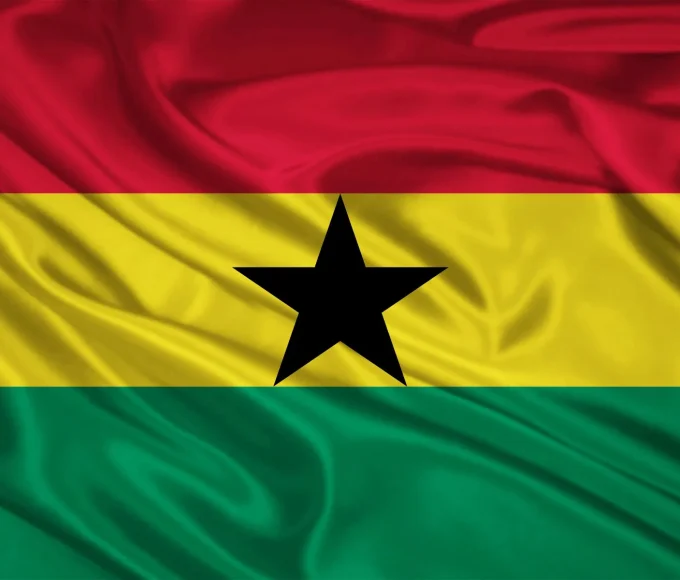
At Least 94 Dead and Over 137,000 Displaced by Floods in Niger – Humanitarian Minister

At least 94 people have died and more than 137,000 have been affected by floods following heavy rains that hit Niger since June, the country’s Minister of Humanitarian Action and Disaster Management, Aïssa Lawan Wandarma announced on Friday.
The authorities in Niger reported 137,156 people affected, 93 injured, and “unfortunately, 94 losses of human life, including 44 due to drowning and 50 due to house collapses,” Wandarma explained during a press conference.
An earlier report by the UN Office for Humanitarian Affairs, OCHA, dated July 15, indicatex 53 deaths and 18,000 victims.
The report also stated that more than 247,000 people are at risk before the rainy season ends in September.
The capital Niamey, recently has been hit by the flood leading up to four people losing their life, with several injured, according to the Interior Ministry.
Many power cuts were reported as a result of the flooding which has damaged electrical substations, the Nigerien electricity company, Nigelec said.
All eight regions of the country are now affected, particularly in the regions of Maradi, in the south-central area of the country, Zinder, in the east-central and Tahoua, in the west.
The minister also said she feared ” a shortage of drinking water ” in the hardest-hit areas and the spread of diseases including “malaria, bilharzia and cholera.”
According to the minister, over 15,000 homes and about forty classrooms were destroyed in the country, with “15,472 herds of livestock.” Decimated; livestock farming forms one of the mainstays of the economy.
The Minister of Transport, Colonel Salissou Mahaman, complained that the waters had cut off roads and bridges, including the desert area of Agadez, north of the country.
The national meteorological service is forecasting heavy rainfall in the month of August—the month with the most rainfall in the country.
Authorities have began sending text messages to residents urging them to “stay in shelters”, “secure livestock” and call emergency services on a toll-free number in case of emergency in a bid to minimise the number of injuries and properties destroyed.
Despite the floods and it’s impact on economic activities, Niger remains the fastest growing economy in Africa with an 11.2 per cent growth rate in 2024.
Read More:
- Liberia’s House Speaker Seeks Joint Committee To Probe Allege Budget Alterations
- West Africa Weekly’s Founder, David Hundeyin, Rejects N800,000 Offer From Foreign NGO, Dialogue Earth, To Write Article Attacking Dangote Refinery
About The Author
Related Articles
MultiChoice Pumps GH¢200 Million Into Ghana’s Creative Industry
MultiChoice Ghana has invested more than GH¢200 million into the country’s creative...
ByWest Africa WeeklyMarch 5, 2026FIFA Confirms DR Congo Playoff Spot, Ending Nigeria’s World Cup Dream
Nigeria’s hopes of qualifying for the 2026 FIFA World Cup have come...
ByWest Africa WeeklyMarch 5, 2026Ghanaians to Travel to St Kitts and Nevis Without Visa
Ghanaian citizens will soon be able to travel to the Caribbean nation...
ByWest Africa WeeklyMarch 5, 2026Ghana Records Sharp Drop in Inflation, Lowest Since 2021
Ghana’s inflation rate dropped to 3.3 percent in February 2026, marking the...
ByWest Africa WeeklyMarch 5, 2026










